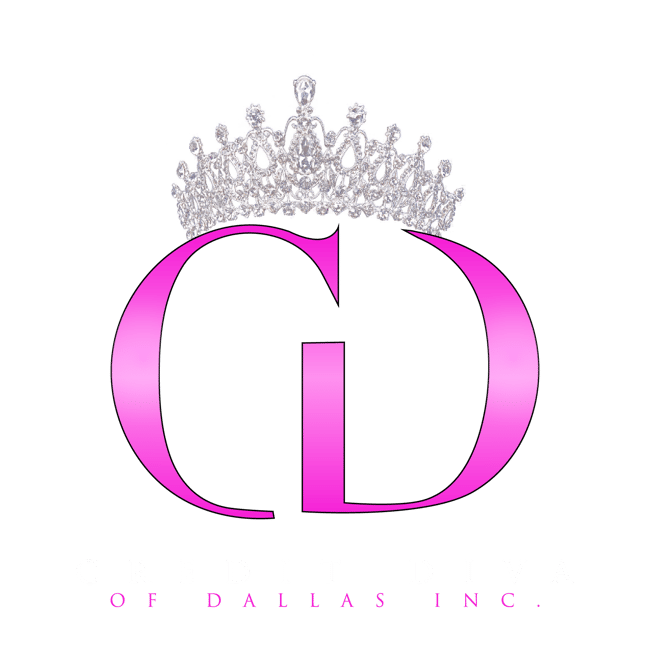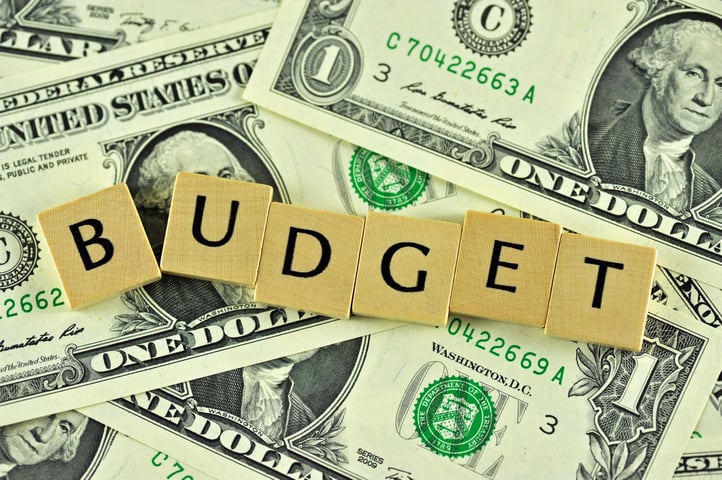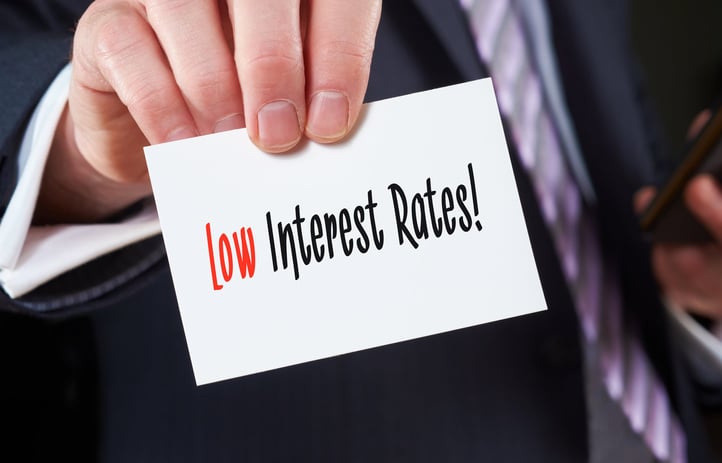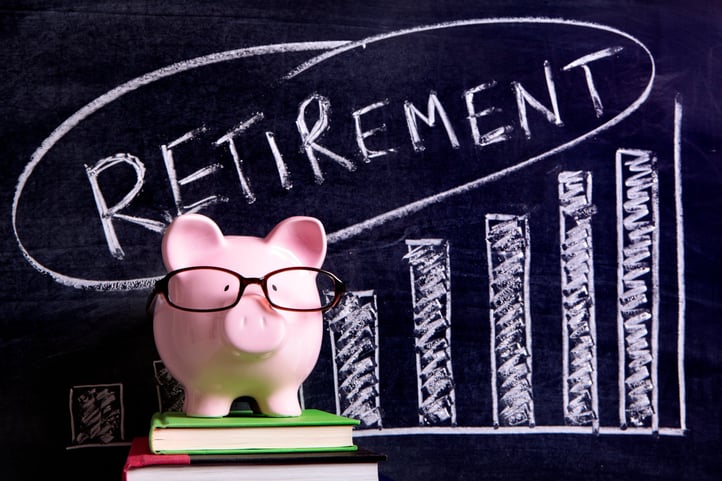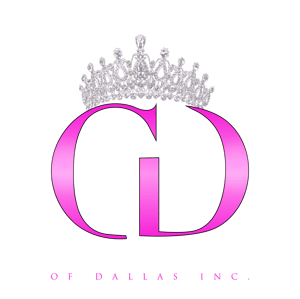When the Coronavirus pandemic swept across the globe, no one knew the extent of the impact. This virulent illness wreaked havoc in the lives of millions worldwide. Other consequences that couldn’t be predicted from the outset but are evident now. One such consequence is the economic crisis that quickly followed. The unemployment rate soared to record heights, leaving many Dallas residents without economic stability and deep scars on their credit.
Millions of people suddenly found themselves out of work and consequently scrambling to find a way to make ends meet. With mortgages, credit card payments, and auto loans looming in the future—and the uncertainty about job stability still hovering over the Dallas landscape—the government stepped in to pass the Coronavirus Aid, Relief, and Economic Security (CARES) Act.
The CARES Act was designed to provide assistance and protection to several key groups affected by the COVID-19 pandemic and was enacted on March 30th. It offers the following protections:
- Creditors can offer partial payments, loan forbearance, modify a loan, or any other relief
- Homeowners may postpone federally-backed mortgages for up to one year
- All student loans are on pause until September 30th.
Approximately four million people have taken advantage of mortgage forbearance. This number represents 7.3% of all mortgages. Even those who have a private mortgage can likely find some relief by contacting their loan provider. There have also been about five million students who sought relief from the CARES student loan relief program.
 However, the CARES Act is also supposed to provide protection from negative information or dings to your credit during this time. Unfortunately, this one is a bit harder to track and to control. Many people are reporting that their credit has been negatively impacted due to taking advantage of the programs within the CARES Act. Programs that were supposed to help protect and shelter good credit are producing bad credit!
However, the CARES Act is also supposed to provide protection from negative information or dings to your credit during this time. Unfortunately, this one is a bit harder to track and to control. Many people are reporting that their credit has been negatively impacted due to taking advantage of the programs within the CARES Act. Programs that were supposed to help protect and shelter good credit are producing bad credit!
Even creditors have admitted to mistakes and errors in reporting information on your credit. One reason for the problem is that there is no universal way to report missed payments. Creditors may be logging the data in such a way that flags credit bureaus and tells them there's a problem. This is hitting people’s credit scores and credit history hard, loading it with negative information.
Some people may not be that concerned about their credit score or credit history because they are too worried about providing for the essentials. However, for those who are managing to get by, keep a close eye on your credit during this time to protect (and possibly improve) your credit scores. After the crisis is over, you don’t want your credit to be in bad shape through no fault of your own—and nobody wants to have to deal with sky-high interest rates as a result of struggling through a crisis.
It pays to make sure everything listed on your credit history is correct. If you find issues with what's being reported, now is the time to get help from the credit experts at Credit Diva of Dallas! If you have been closely following the guidelines for the CARES Act, you don't deserve to end up with bad credit.

However, don’t assume you can simply quit paying a bill until you check-in with your lender in person and fill out the necessary paperwork. Talk to your lenders to ensure they understand what is going on, and make sure they are not reporting about you in the wrong manner. Good credit requires you to be hands-on and alert at all times.
Our last tip for credit help is to take action with Dallas credit repair services to respond to damage that has already occurred to your credit score. Take the time to contact one of the three reporting agencies; Experian, Transunion, or Equifax.
You can typically get a free credit report from the big credit bureaus once per year, or your banking partner may even offer this option to you monthly. Due to the Coronavirus pandemic, the three reporting bureaus are allowing consumers to pull their credit free every week. It only takes a few minutes to complete the process.
If you see any inaccuracies, take action by getting in touch with your personal Credit Diva! We're here to help you fight off bad credit and build good credit habits that last for life.
